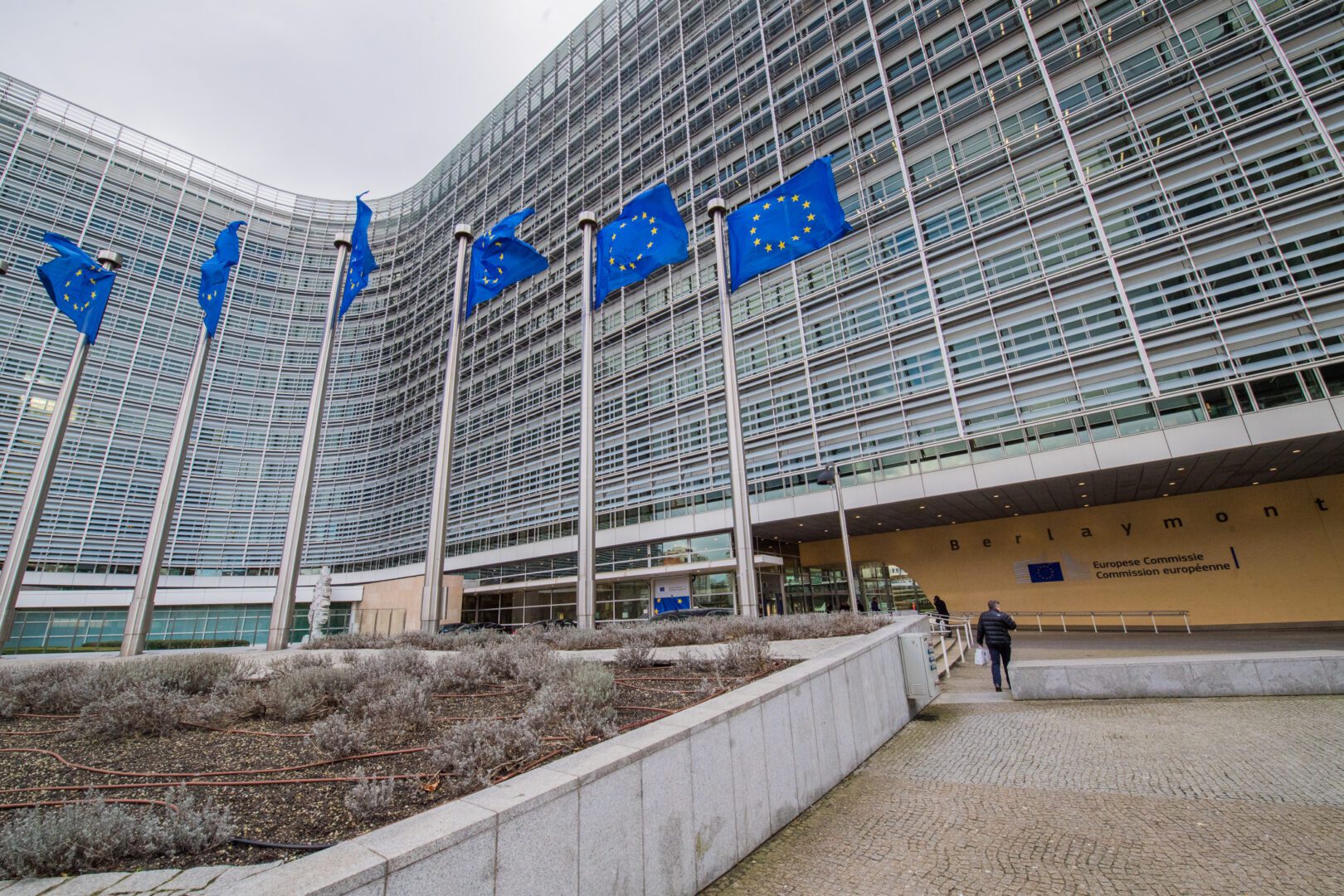Finnish Industries: EU must focus on Economic Growth through Innovation Leadership
The EU must aim at leadership in the global innovation race by reducing regulatory burdens, accelerating the clean transition, and pursuing new trade partnerships with unmatched vigour. Support for Ukraine and investments in security must be scaled up to an entirely new level.
The European Commission has published its 2025 work program, which will shape EU policies for the coming years, as well. The key priorities are largely in line with expectations of the Finnish Industries EK, according to Director Lotta Nymann-Lindegren:
“The Commission is now prioritizing growth and competitiveness as key EU objectives, which is absolutely essential. Fundamental issues must be addressed: Single Market barriers need to be dismantled, and the competitive disadvantage caused by excessive regulation must be tackled with concrete measures. The focus on growth and innovation should also extend to EU funding and the development of capital markets.”
“Investments in new, productivity-enhancing clean technologies, business activities, and skills are crucial. While the EU must hold on to its climate targets, companies should have more flexibility in choosing the means to achieve them cost-effectively and with all available technologies.”
Europe must significantly increase its investment in defence and preparedness. Finland’s expertise can play a role here, but improving connectivity and the situation of border areas requires European-level solutions. Europe’s responsibility for supporting Ukraine is likely to grow, and we need both a clear European strategy and new, innovative financing solutions.
The Commission has set an admirably high bar for digital technologies, particularly artificial intelligence (AI). To achieve world-class competitiveness, EK calls for substantial investments in key technologies and measures to accelerate private investments. High-performance computing, data infrastructure, and cloud services are critical areas. On regulation, it is important to focus on high-quality implementation of existing rules rather than introducing new ones.
Highlights of EK’s EU Objectives for 2025
Economy and Competitiveness
- The Single Market must support open and market-driven competition among companies more effectively. This requires harmonised implementation of EU legislation and improved enforcement.
- Regulatory impacts on competitiveness should be carefully assessed, while administrative burden and reporting obligations for businesses should be reduced systematically and with careful assessment.
- EU funding should prioritise competitiveness, the clean transition, and security.
- We should aim at ending state aid competition in favour of EU-level investment financing based on European added value.
- Taxation must remain competitive and predictable.
Clean and Digital Growth
- Europe needs ambitious climate, energy, and environmental policies that simultaneously enhance the competitiveness of businesses and high technological expertise in the clean economy.
- Regulations should adhere to principles of technology neutrality and cost efficiency.
- New market-driven incentives are required to safeguard biodiversity.
- Permitting procedures for clean transition investments should be streamlined further.
- Research, development, and innovation (RDI) funding must increase at both national and EU levels to ensure continuity in business-driven RDI activities.
Trade Relations and Global Position
- The EU needs a more proactive trade policy to establish new partnerships and address harmful dependencies.
- Ensuring access to critical raw materials and the resilience of supply chains is vital.
- Defence industries should be strengthened through new financing and closer cooperation.
- The EU must be able to provide continuous support for Ukraine in war efforts, reconstruction, and the EU membership process.
Labour Markets and Access to Talent
- It is essential to have a European labour market that promotes growth and well-being and preserves the functionality of the Nordic labour market model.
- The availability of talented workforce should improve through labour-related migration policies and increased mobility within the EU.
- Internal market barriers in the service sector should be removed, and mutual recognition of professional qualifications simplified.
